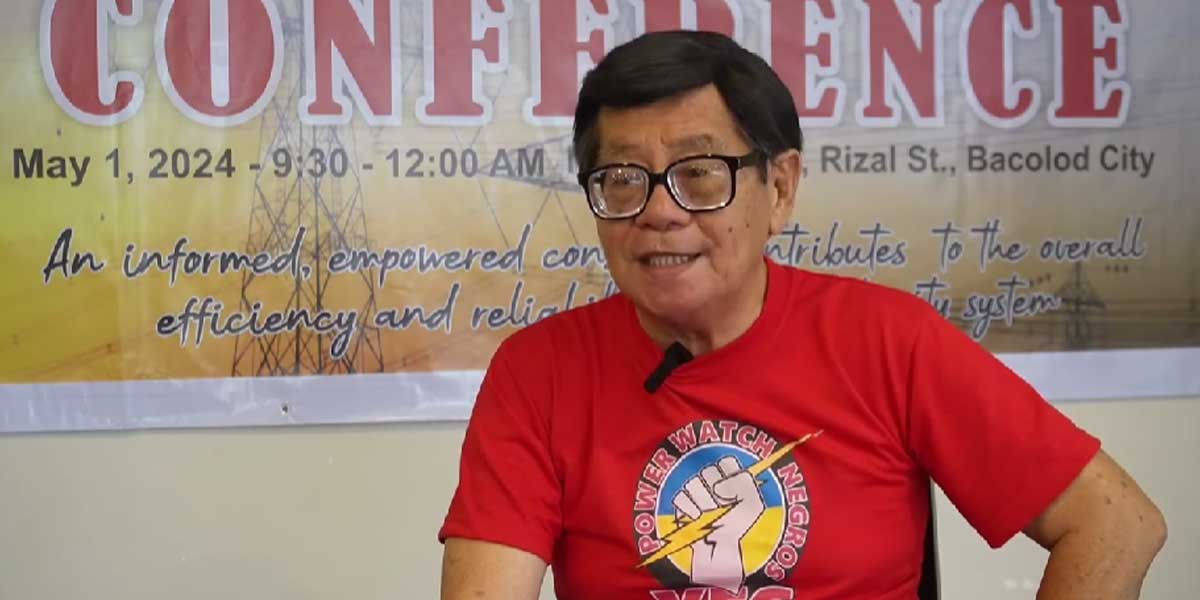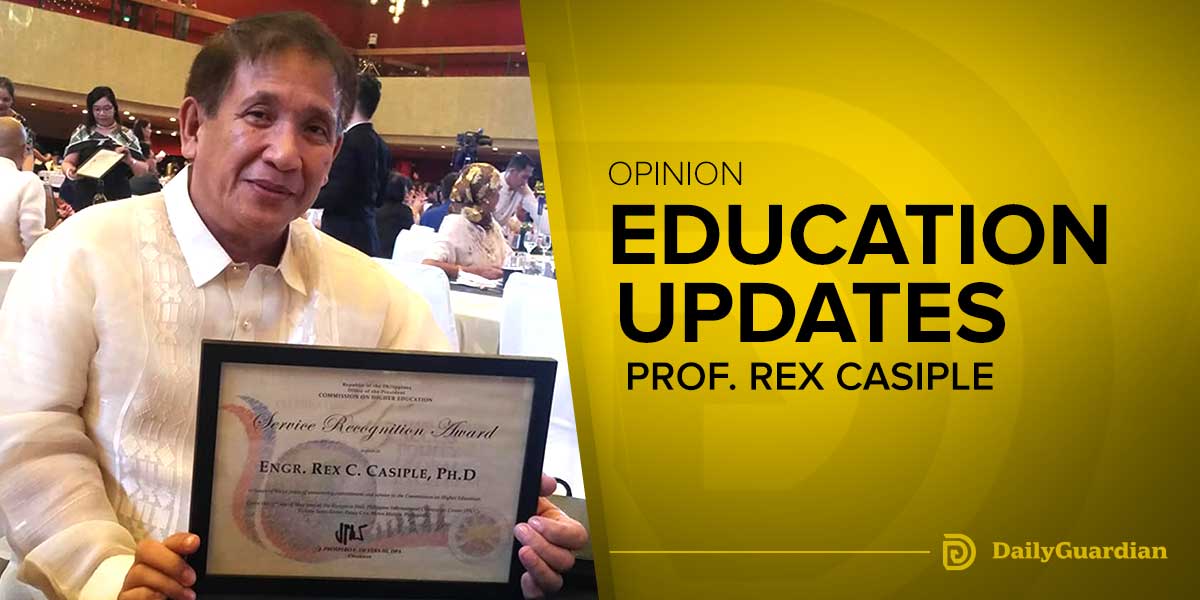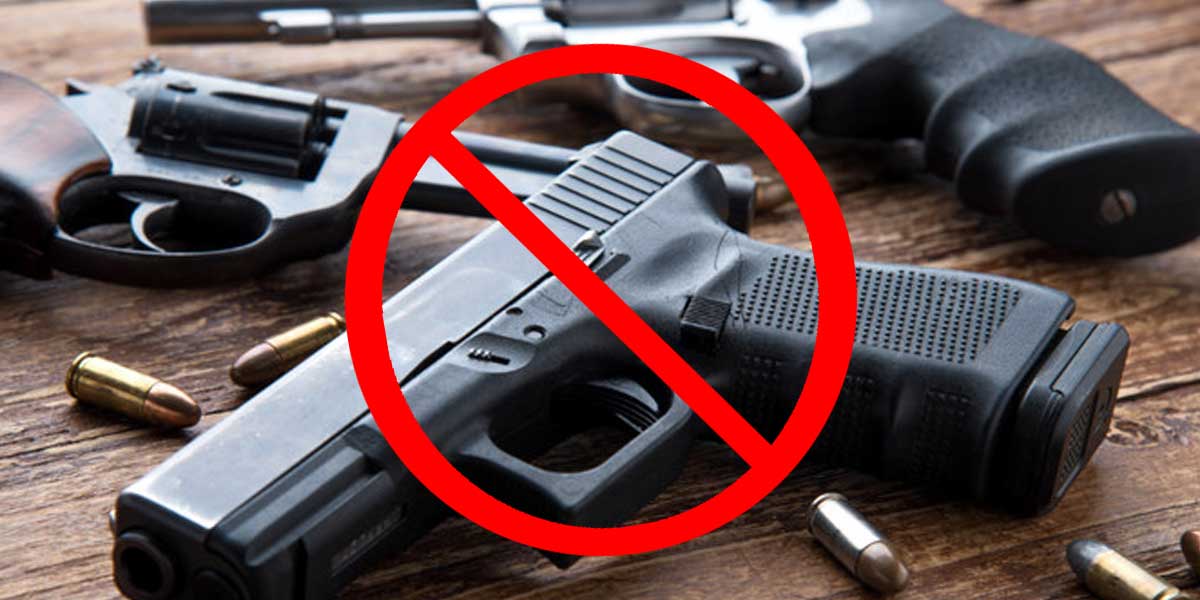 By Joshua Corcuera
By Joshua Corcuera
I have been a student journalist for over a year now as I write this opinion piece. As a staff writer for the autonomous and official student publication in an enormous university in Manila, I would say as of now that things are generally fine. Fundamental issues such as funds seem to be sufficient in printing issues, and my fellow student journalists have a proper, albeit small, office to fulfill our duties. Take note, though, that there are some issues, as expected, to be addressed and resolved just like any organization.
However, the situation I find myself seems or appears to be privileged because other student publications are facing grave and serious concerns. When I joined an assembly for the College Editors Guild of the Philippines (CEGP) — which was attended by other student journalists from other universities in Manila as well — the campus press continued to face struggles and be oppressed in several issues.
Last July this year, CEGP filed a complaint at the Commission on Higher Education and Commission on Human Rights, claiming that members are being red-tagged or being accused of being part of the armed communist insurgency. This is true especially if one would look at social media. For instance, critical members of the press including student journalists are being accused by some to be members of the New People’s Army even if there is no concrete evidence supporting such a claim.
Despite the Campus Journalism Act of 1991, members of the campus press are still in need of more protection than ever against various forms of campus press freedom violations. According to CEGP, there have been almost a thousand violations against student publications since 2010. These violations include — but not limited to — harassment of student journalists, meddling with editorial policies, administrative intervention, withholding and looting of publication funds, and actual censorship of editorial content, among others.
To cite an example, ten students from Miriam College in 1994 were suspended for the articles they write. While at AMA University, a student publication was closed three times since 1997 due to the publication of articles that were allegedly critical of the school.
Just like journalists, the student press must be given the right to cover pressing matters within their community independently and without any threat, intimidation, and violence. Without student journalists, it becomes difficult to shed light on the flaws and shortcomings of educational institutions that must be addressed to promote the general welfare of the students.
Even if the campus press is critical of its reporting regarding the issues affecting their respective educational institutions, such a perspective must still be respected and welcomed. As a matter of fact, the press needs to be critical so that issues affecting the oppressed and the marginalized can be brought into the conscience of the community, and consequently, such issues can be addressed and resolved in favor of the aggrieved party.
It is imperative to take note that student journalists would one day be the torch of the truth in society. Henceforth, as we fight for press freedom, remember fighting for student journalists as well, for they play a crucial role in the future of Philippine democracy, and ultimately, in speaking the truth to power.






















